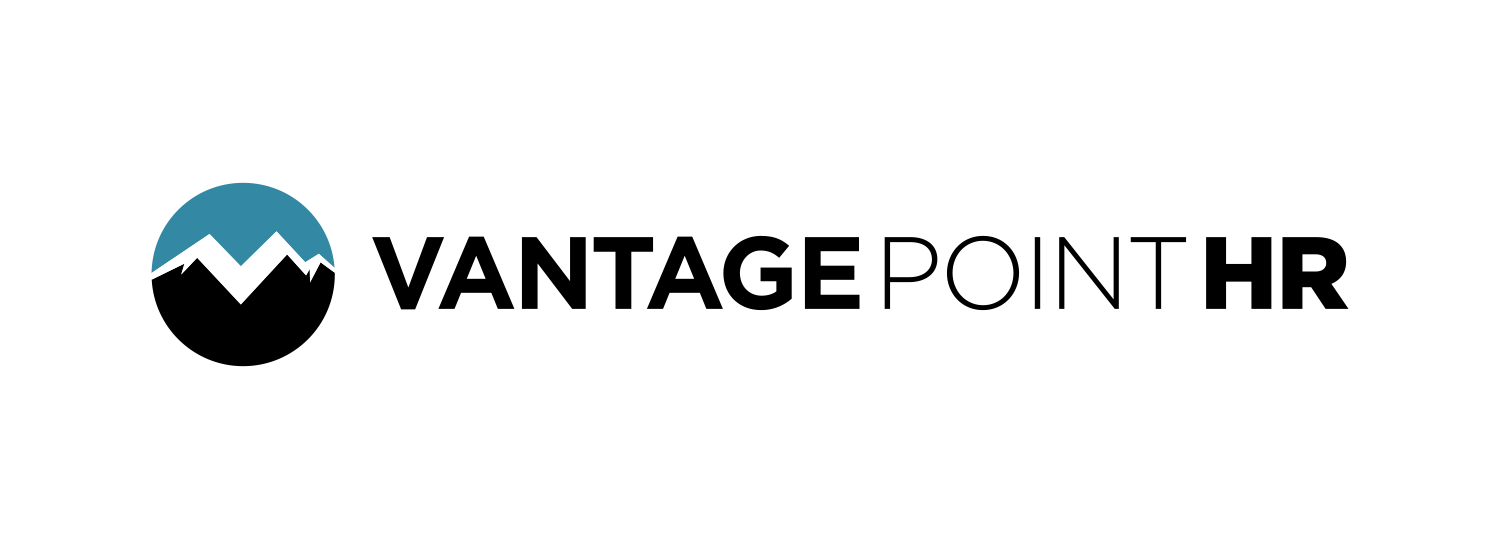 What’s at Stake without A Covid Response Plan?
What’s at Stake without A Covid Response Plan?
More than ever, how you treat your employees during a time of challenge as disruptive as COVID will follow you and impact employer reputation.
The fundamental question all employers must be able to ask themselves when recruiting for new talent is “Why would someone want to work for me?” Even more important is “How did I treat my employees during COVID-19?”
New Recruits are Better Informed
Imagine we’re late into 2021 and you’re interviewing a candidate. When it’s time for them to ask questions they hit you with this: “What did you do to protect and help your employees during COVID?” It’s a fair, direct question and also somewhat unexpected. How you truthfully answer will tell that person more about the values of your organization than you ever could on your own.
You must be able to answer these key questions in order to protect and enhance your employer brand:
How have you supported employees who were furloughed, laid off, and those brought back eventually? Several large employers in the service space worked to connect their affected employees with short term jobs with employers in high demand areas – such as e-commerce retailing. Arrangements were made to fast track the process and bring them back once business improved again.
Who should return to work, and why?
When deciding which employees are going to return most organizations, correctly, are deferring to government guidance from the various emergency measures passed in the wake of COVID. Leadership also needs to manage the real challenges of employees re-entering the workplace such as:
- Communicating that the workplace is safe, but also telling them what steps you’ve done to make it that way.
- How you’re going to protect them from the continuing risk of contracting the virus in the work environment.
Managing the concerns, anxieties, and yes, fear of those reluctant to come back. - How can we protect the financial well-being of our employees and the organization?
COVID is undoubtedly putting financial pressures on many if not most organizations. To remain solvent and help as many staff as possible, bonuses, increases, promotions, and benefits have often been cut.
Some company CEO’s have taken the step of forgoing pay for the year. While symbolic, such moves are powerful and do send a positive message of solidarity.
Employees whose pay is linked directly to their performance, for instance in sales, are at risk financially and have no practical way of achieving their targets. Some thoughtful rethinking has to occur here, and a proactive approach from leadership is important. While some companies have shifted from annual sales compensation plans to quarterly plans, others are guaranteeing they will provide their sales employees with a minimum target.
How can we balance protecting employee health and safety, while recognizing the employees who have continued coming into work?
Frontline staff have played a key role in keeping essential services open to the public, and are going into work putting their own safety at some risk. Many organizations have offered these people bonuses, hazard pay, and increases.
Expansion of paid and unpaid sick leave has also been used by some companies – especially to accommodate those employees who now have primary caregiver roles for children and elders. All of this, when combined with aggressive use of social distancing, PPE, and even temperature checks before someone can enter the workspace, represent some of the best examples of responding to an uncertain situation.
What can you do to support employees working from home, and keep them engaged and productive?
Work from home policies that were in place before the pandemic clearly didn’t take into account their application across whole companies.
It’s important to note that our current situation can’t be nicely covered by a policy alone. The flexibility demonstrated by an organization will go a long way to imprinting positivity on your employer brand. For example, working parents with school-aged children needing to follow online instruction, have sometimes been granted flexible working hours. Some companies have even proactively started workplace support groups to provide the support of others in similar situations.
Thinking differently. Respond with Flexibility
Blurring the lines between personal and work. All of these were things that maybe we avoided in the past, but COVID is showing us just how much the work is a part of our everyday lives, and how it must accommodate for companies to adapt, survive, thrive, and be successful in the new normal that emerges after COVID has passed.
Vantage Point HR knows that COVID is presenting exceptional challenges to organizations of all types. Our diverse client base has helped us develop a wide-ranging set of tools, solutions and positive outcomes for all kinds of workplace situations and hurdles. Have some questions? Just ask us. It’s time to find your Vantage Point.






